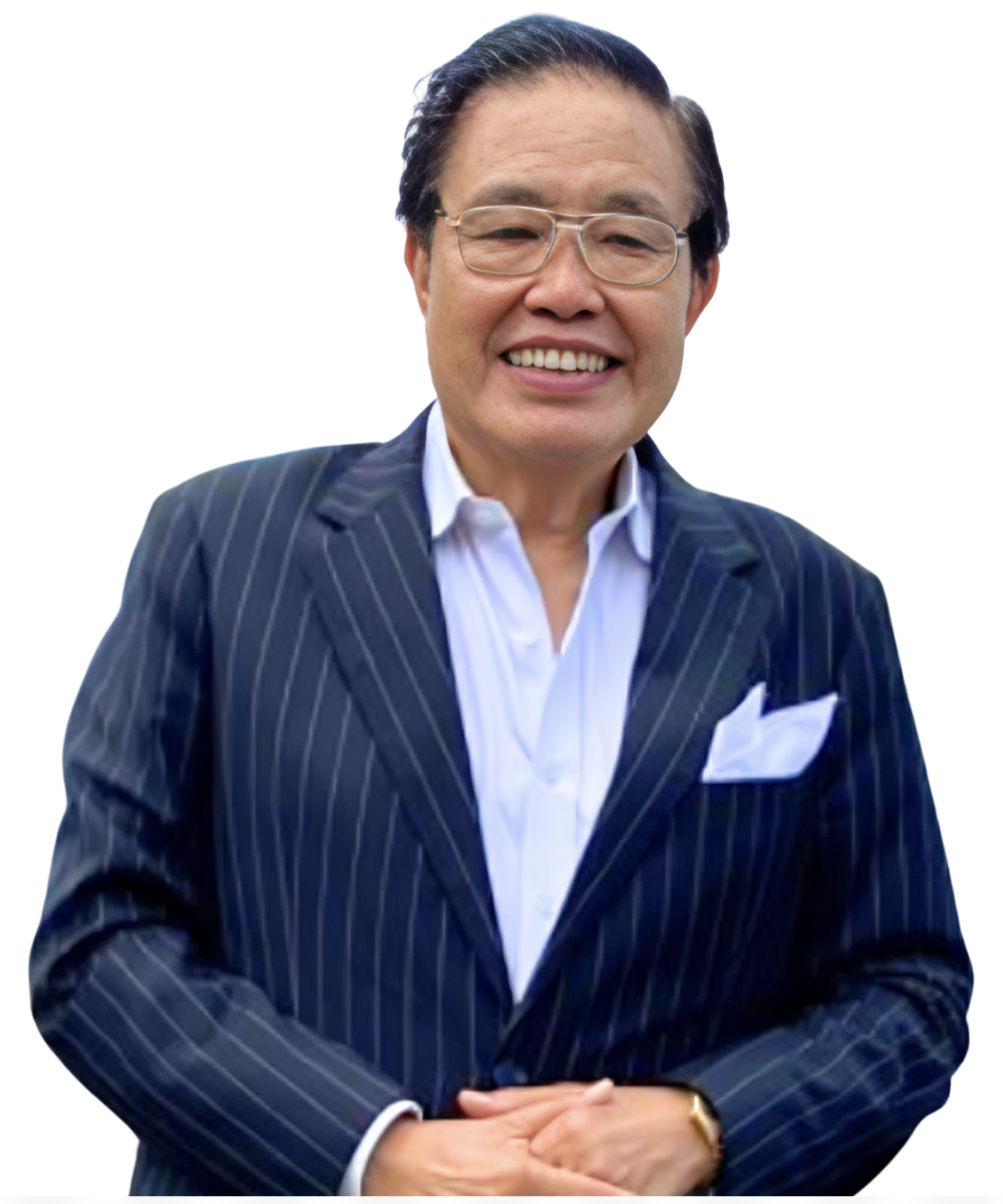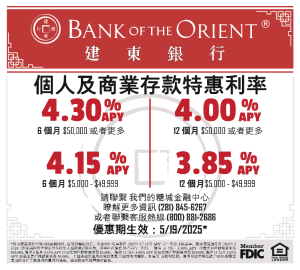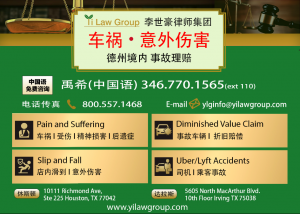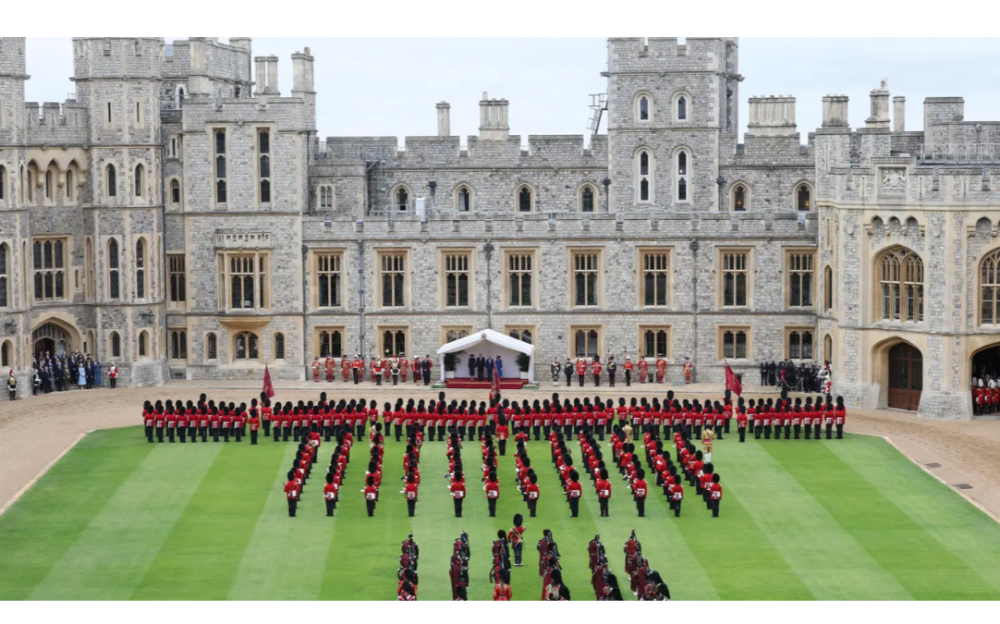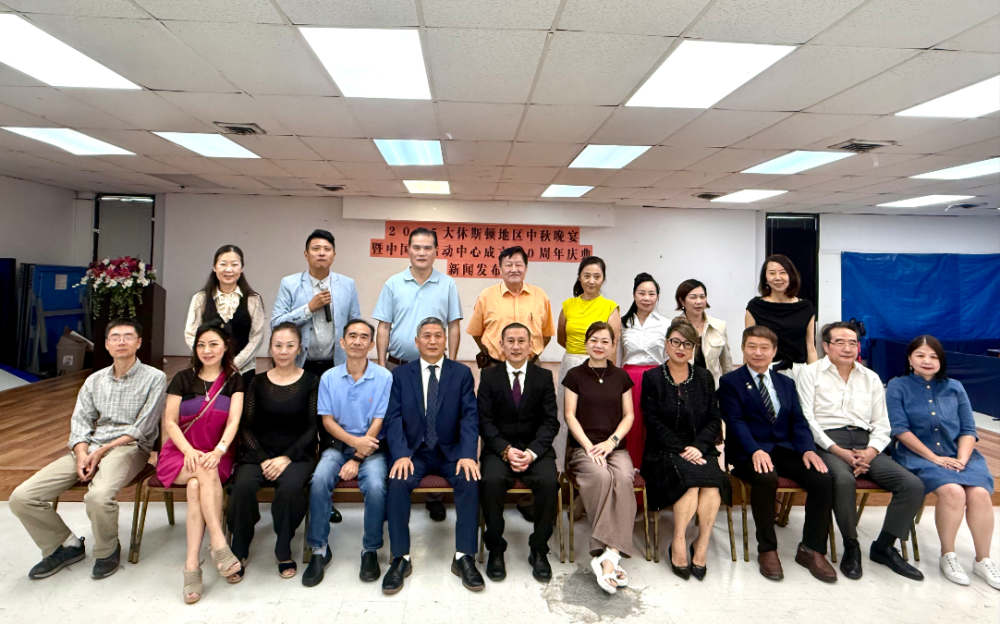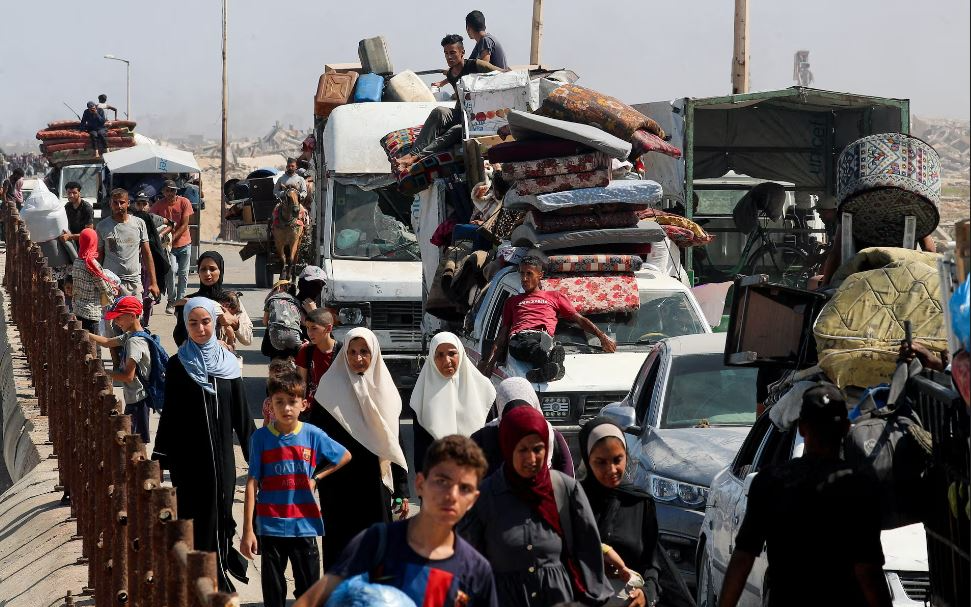反抓捕非法移民大示威 社会现象的几点省思
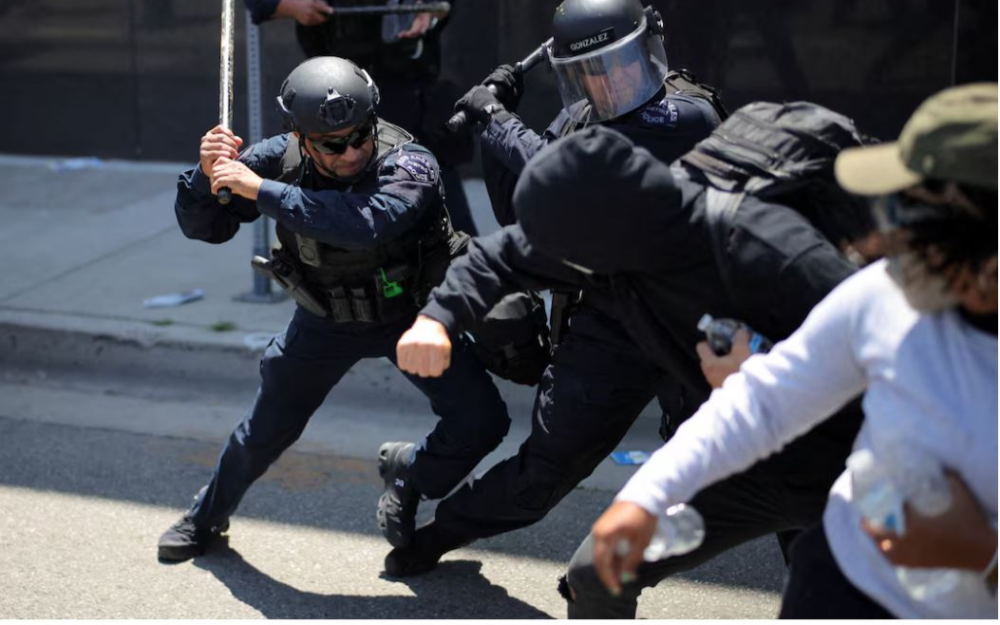
Reflections On the Mass Protests Against The Crackdown On Undocumented Immigrants
In recent years, especially under the Trump administration, the United States has witnessed a series of mass protests in response to harsh immigration enforcement actions. Cities like Los Angeles became epicenters of resistance, where thousands took to the streets to oppose what they viewed as unjust and inhumane treatment of undocumented immigrants. These demonstrations were not just about specific arrests or deportations—they revealed deeper societal fractures surrounding race, identity, labor, and the very meaning of justice in a nation of immigrants.
⸻
1. Law Enforcement vs. Human Dignity
The aggressive tactics used by U.S. Immigration and Customs Enforcement (ICE)—including workplace raids, home arrests, and the controversial family separation policy—sparked outrage. While proponents framed it as “upholding the law,” many viewed it as a cruel betrayal of American values. The protests reflected a widespread belief that law enforcement must not come at the cost of basic human rights.
“The law is meant to protect society—not to destroy families or instill fear in entire communities.”
⸻
2. Undocumented Does Not Mean Criminal
Many undocumented immigrants have lived in the U.S. for decades, working low-wage essential jobs, raising families, and paying taxes. To reduce them to the label “illegal” is to ignore their humanity, contributions, and the broken legal system that left them without a path to citizenship.
“We don’t need more deportations—we need immigration reform.”
⸻
3. A New Era of Cross-Ethnic Solidarity
What stood out in these protests was the unity among diverse communities—Latino, Black, Asian American, white allies, and more. Sanctuary cities across the nation defied federal pressure, and local leaders chose compassion over compliance. This marked a new model of a civil rights movement, one that transcended racial and cultural lines.
“Justice is not for one group alone. If we stay silent when others are oppressed, we risk becoming the next target.”
⸻
4. The Asian American Dilemma
Asian Americans, often stereotyped as “model minorities,” found themselves facing a moral crossroads. Historically excluded and discriminated against, many in the community recognized echoes of their own past in the plight of today’s undocumented immigrants. Increasingly, Asian American organizations stood up in solidarity, reminding us that the immigrant struggle is not just one story—it is the story of all of us.
“We were once strangers here too. Solidarity is not charity—it is survival.”
⸻
5. The Urgent Need For Immigration Reform
The recurring cycle of raids, protests, and political stalemates only underscores the core issue: the U.S. immigration system is outdated, overwhelmed, and often unjust. If the country truly wants to live up to its ideals, it must create a fair, humane, and realistic pathway for those who call America home.
“If America is still a dream, then that dream must be accessible to all who believe in it—not just the privileged few.”


